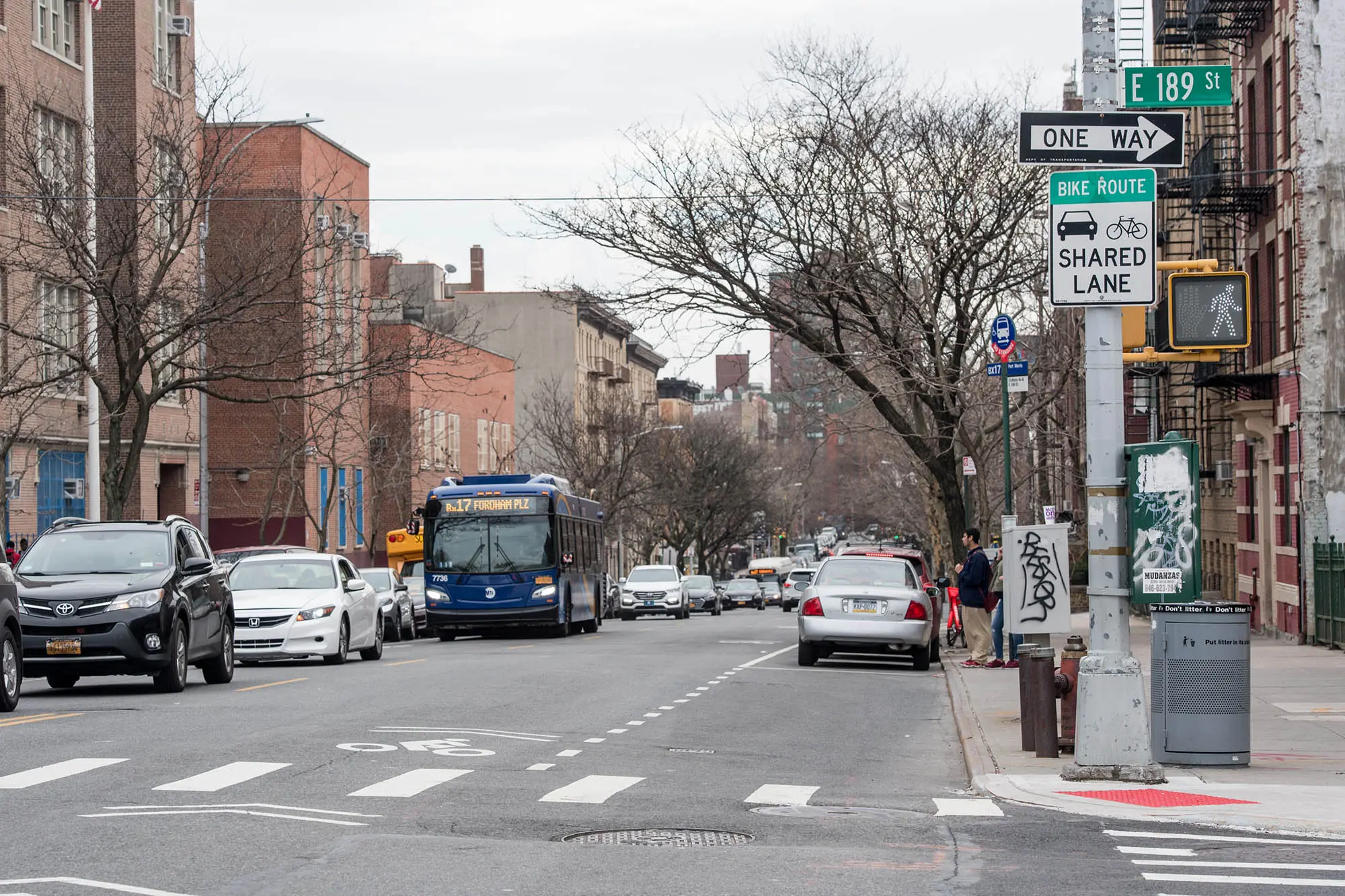Mamdani Win Marks Queens Power Shift as Democrats Square Off Over Party’s Future

The astonishing rise of a once-marginal figure as New York’s presumptive next mayor marks not only a changing of the city’s political guard but a fraught moment of reckoning for Democrats nationwide.
When political upstarts topple dynasties, New York pays attention. On Tuesday, a bearded 34-year-old—virtually unknown citywide mere months ago—swiftly dispatched a former governor’s namesake and the wishes of the Democratic elite. Zohran Mamdani, the Democratic Socialists of America (DSA)-backed Assemblyman from Astoria, is all but set to don the mayoral sash, having bested the party establishment in a fashion that portends more than mere generational change.
Mamdani’s ascent is less remarkable for its momentum—energized campaigns wielding “positive” messages against jaded rivals are hardly new—than for its ideological direction. His victory came in the teeth of chilly silence from most luminaries of the Democratic Party. Chuck Schumer, the Senate majority leader; Barack Obama, lion of the centrists; and the influential Queens County machine all averted their gazes, leaving the city’s left wing to sweat out its insurgency alone.
At stake is more than a single mayoralty. Mamdani’s triumph lays bare the drift of New York’s Democratic Party: from cautious, big-tent centrism toward something altogether sharper, more polarizing, and less forgiving of internal dissent. The forces animating his candidacy, notably the DSA and remnants of the triumphant 2018 “AOC wave,” have done what the Working Families Party could only dream—mount a hostile takeover, not merely shift the party’s center of gravity.
For New York City, the implications abound. If polls prove accurate and Mamdani assumes city hall, he will preside over an uneasy coalition: energized progressives, wary moderates, and a sizable population of traditional Democrats—among them, the city’s substantial Jewish community—deeply uncomfortable with his pro-Palestinian, anti-Israel record. This is scarcely a theoretical tension. Major donors and political brokers, suddenly outflanked, must reckon with a city government potentially estranged from the moderate “business Democrat” consensus that has long steered the five boroughs.
Fractures within the local party apparatus will not be easily papered over. Allies of the old guard have already sounded alarms about a looming campaign of “purity” primaries—a far-left effort to eject the remaining centrists and skeptics from office in 2025. The prospect of a rolling political purge bodes ill for party unity, and may come to haunt Democratic electoral prospects well beyond Manhattan’s bridges.
That a gust of this magnitude could buffet the Democratic behemoth says much about national mood shifts. The city’s fraught conversation around Israel and Palestine, stoked amid global tumult, maps onto broader contests over identity, geopolitics, and the meaning of “Western values.” The DSA’s lightning-in-a-bottle energy has translated into electoral machinery—relentless fundraising, volunteers, a knack for mobilizing digitally-savvy twentysomethings—that neither the traditional unions nor the Working Families Party ever managed to scale.
A party at war with itself
Of course, New York is neither microcosm nor outlier, but something between. Its teeming diversity, towering inequality, and penchant for political spectacle have often foreshadowed national trends. The left’s conquest of city politics offers a glimpse of Democratic dilemmas ahead, as younger, more activist cohorts contest the millstones of compromise and institutional caution. The irony, not lost on city elders, is that the very party machine designed to keep radicals at bay has now been commandeered by them.
But success, as the saying goes, brings its own problems. Governing an unruly metropolis will demand more than slogans and vigour; it requires functional alliances and the art of the possible. A sharp swerve left may embolden progressives nationally—inspiring, perhaps, the “Squadification” of big-city governments—but it risks alienating the unwieldy coalition that forms the Democratic Party’s backbone. Wealthy donors, still recovering from the aftershocks of the pandemic, may close their checkbooks or decamp to friendlier climes.
For New Yorkers, the risk is disruption. A program out of step with property owners, transit managers, and the police may yield a more adversarial city hall—a replay of the 1970s, when ideological purity nudged Gotham toward fiscal and social crisis. At the same time, the potential for genuine policy innovation—on housing, labor, or public safety—should not be discounted. Ambition tinged with hubris may yet deliver overdue reforms.
National Democrats now face a tortured arithmetic. With every leftward leap in New York, a moderate somewhere else ponders his political obsolescence. The city’s Jewish voters, vital in close races, may drift rightward or disengage outright; Asian, Latino, and Black communities, generally less ideological, may view this shift with wariness if their pragmatically-minded leaders are ousted in purges.
Comparisons with European politics abound. Britain’s Labour Party, once led by Jeremy Corbyn and riven by similar debates over Israel, offers one cautionary tale; so too does the uneasy détente between Germany’s Greens and its mainstream Social Democrats. In both cases, internal strife yielded general-election headaches and, sometimes, opposition. Whether New York is en route to a similar fragmentation is a question no pollster can answer just yet.
Still, writing the establishment’s obituary may prove premature. Machine politics dies hard, and New York’s centrist infrastructure—melded to real estate, finance, and organized labor—will not cede influence overnight. Yet the city, always prone to reinvention, seems poised for a bruising internal debate about who gets to speak for “the Democrats,” and what that now means.
If nothing else, the rise of Mamdani confirms that even in the nation’s largest city, disruption arrives as much from behind closed doors as from gaudy headlines. The fight for the party’s soul will be waged not just on debate stages, but over endorsements, committee posts, and, crucially, who feels welcomed in the blue tent. This contest, for all its theater and sharp elbows, will echo in city politics for years to come—if not reshape the landscape altogether. ■
Based on reporting from Queens Ledger; additional analysis and context by Borough Brief.